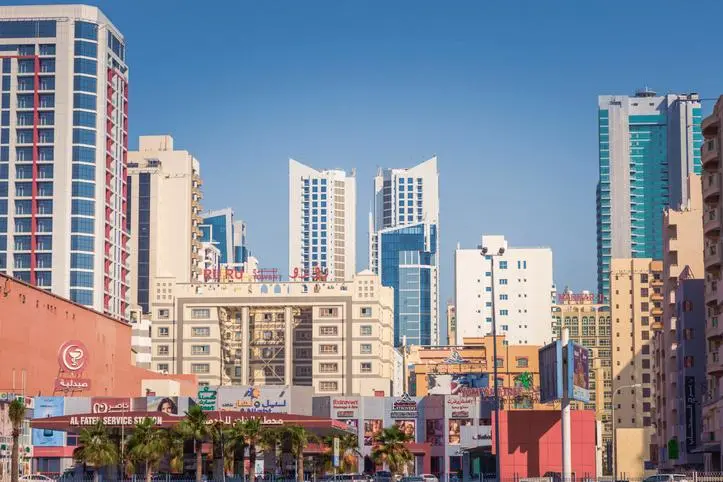PHOTO
Work is on track on a major pulses processing factory in Hidd which, once operational, can meet the demands of the Middle East and even Western countries.
The BD3 million project by the Bahrain Agricultural Foods Storage and Security (Bafco) aims to bolster food security efforts by ensuring adequate supplies of pulses all year round.
The GDN was taken on an exclusive tour of the state-of-the-art facility yesterday – with its first production line going on-stream soon and the second line becoming functional by next year.
“This is one of the biggest projects undertaken in Bahrain after eight months of Covid-19 and will be a game-changer when it comes to achieving food security and self-sufficiency,” said Bafco chairman Khalid Al Amin.
“We expect the project (lines 1 and 2) to be functional by the third quarter of next year.”
He said the factory will have a production capacity of 600 tonnes a day – enough to flood, and meet, the requirements of the Middle East market.
“We will have enough stocks of chickpeas and lentils; the exceptional circumstances we have seen this year and previous experiences have shown us that the local market should have enough supplies of essentials for the consumers.”
Bafco has partnered with Sri Lankan and Egyptian companies that are industry leaders in supplying raw materials collected from farmers in Canada and Australia, among other countries.
“Our first priority will be the Bahraini market, after which pulses processed and packed at our unit will be exported.”
The factory located in Hidd has three silos with a capacity of 3,600 cubic metres where the pulses will be washed, cleaned and processed.
The output of the new factory will be complemented by the Bahrainica Hospitality company which is located adjacent to the facility and repackages lentils, rice, sugar, flour and pulses for export to New York, New Jersey, Pakistan, Colombo and Britain.
“This one of the largest packaging units we have and once the new factory is operational we can package our products here,” said Mr Al Amin, who is also chairman of Bahrainica Hospitality.
Present during the tour yesterday was Bahrain Development Bank investment head Isa Al Doseri, who is also a Bafco board member.
“This is a key project for us which we chose to finance and partner through equity investment,” he said.
“We fully back the government efforts with regard to food security and this project will promote Bahraini exports and boost local supplies. It is great to see progress on the factory after it was initially delayed due to the pandemic.”
Bahrain stepped up its food imports to ensure there is enough stock to last until the year. Stocks include rice, milk, oil, sugar and other items that have a longer shelf life, and fresh products such as vegetables, fruits and poultry.
The measures were taken as the country is working full steam to combat the spread of the coronavirus disease (Covid-19).
His Majesty King Hamad issued a royal directive in January to launch a strategic national food production project and explore adequate solutions to achieve self-sufficiency.
In 2014 the Economic Development Board released a white paper on Bahrain’s food security environment using the well-known Economist Intelligence Unit food security index methodology.
The anlaysis found that Bahrain has a good environment for food security which is mainly driven by the kingdom’s ability to stabilise food prices, secure imports, and operate advanced food safety and monitoring systems.
The findings stated that Bahrain boasts a daily food energy supply per capita of 2,829 kcal, significantly above the recommended average of 2,300 kcal by the UN Food and Agriculture Organisation.
sandy@gdn.com.bh
© Copyright 2020 www.gdnonline.com
Copyright 2020 Al Hilal Publishing and Marketing Group Provided by SyndiGate Media Inc. (Syndigate.info).





















